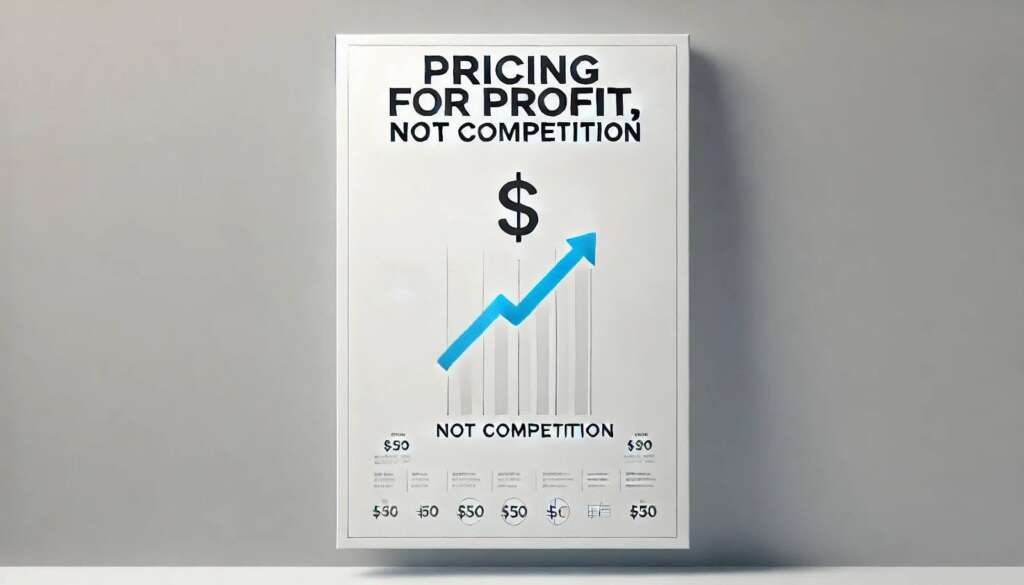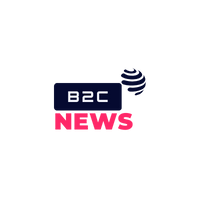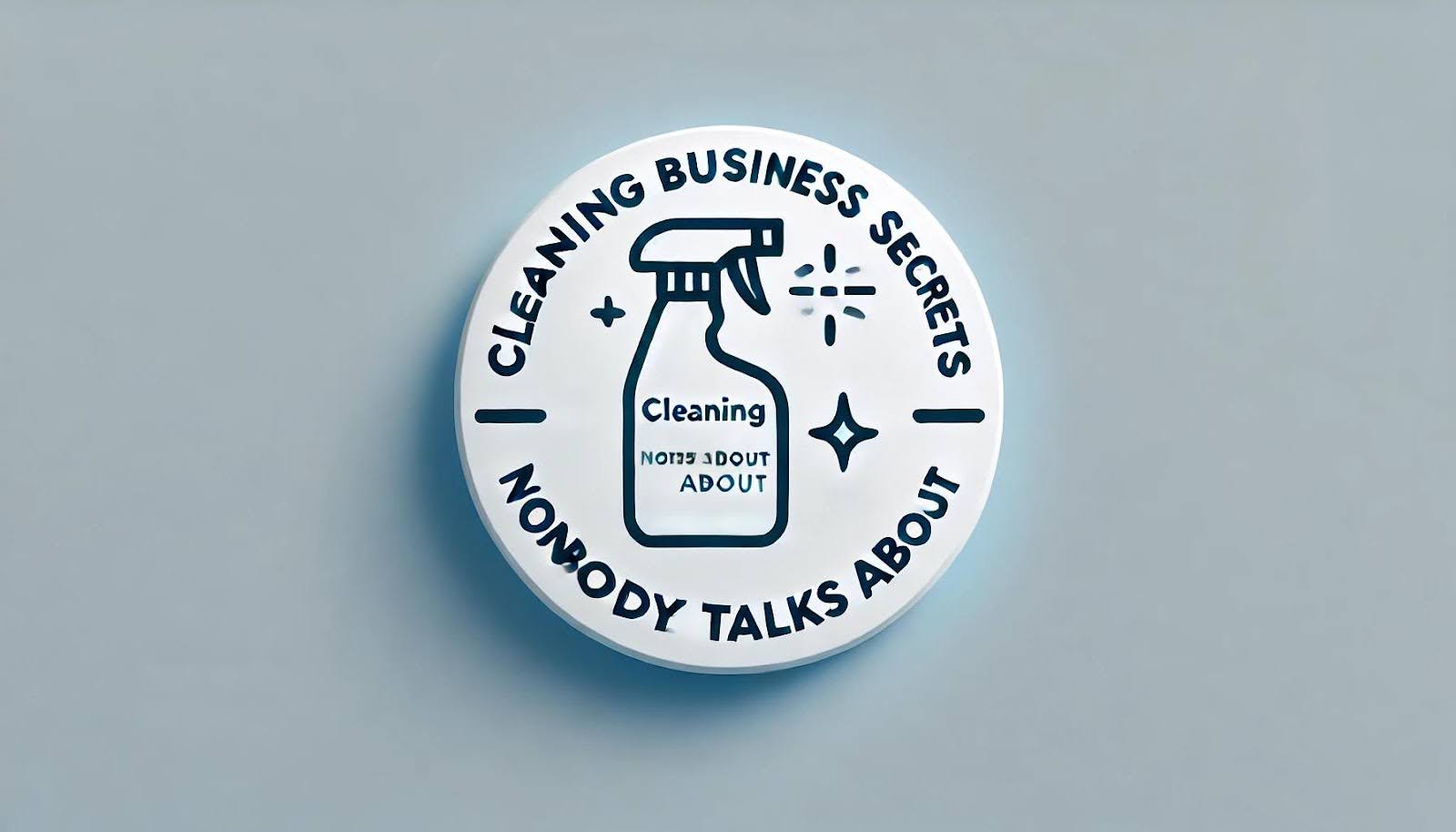Starting a cleaning business seems straightforward—get the tools, advertise, and start cleaning, right? Not quite. While it’s one of the most accessible industries to enter, sustaining and growing a cleaning business is a whole other ballgame. According to Small Business Trends, 70% of cleaning businesses fail within the first five years, primarily due to poor planning, underpricing, and lack of differentiation.
Many entrepreneurs don’t realize the hidden complexities involved. From pricing that ensures profitability to hiring reliable staff and competing with bigger companies, the road to success is paved with challenges. Add to this the increasing demand for niche services like eco-friendly cleaning or sanitization, and you’ve got an evolving landscape to navigate.
This guide will lift the veil on the secrets that industry veterans rarely share. From choosing your niche to scaling without sacrificing quality, we’ll explore strategies that can help you build a cleaning business people rave about.
Key Takeaway: The cleaning industry offers immense potential, but success depends on mastering the lesser-known aspects of the business, like pricing, branding, and scaling.
Secret #1: The Power of Specialization
Specialization is one of the most overlooked yet powerful strategies in the cleaning business. Trying to serve everyone dilutes your efforts and makes it harder to stand out in a crowded market. Instead, finding and focusing on a niche can help you build expertise, target specific clients, and command higher rates.
Find Your Niche
Every successful cleaning business has its “bread and butter”—a core service that differentiates it from competitors. Identifying your niche involves evaluating your strengths, local market demand, and profitability. Here are some popular niches for 2024:
- Residential Cleaning: The most common entry point, focusing on homes and apartments.
- Commercial Cleaning: Servicing offices, retail spaces, or industrial facilities.
- Specialized Services: Offering services like carpet cleaning, deep sanitization, or post-construction cleanup.
- Eco-Friendly Cleaning: A rapidly growing niche as more clients prefer green, non-toxic solutions.
For example, the demand for eco-friendly cleaning services has grown significantly in the past five years, with consumers willing to pay a premium for businesses that prioritize sustainable practices.
Offer Add-On Services
Once you’ve chosen a niche, consider offering complementary add-on services to boost revenue. Add-ons not only increase the average value of a client but also enhance customer satisfaction. Here’s how:
- Carpet or Upholstery Cleaning: Perfect for residential and office clients.
- Window Washing: Adds value to both residential and commercial contracts.
- Move-In/Move-Out Cleaning: Targets landlords, realtors, and tenants.
Data shows that businesses offering bundled services generate 25%-30% more revenue than those with a single-service model.
Stay Ahead with Trends
Staying on top of cleaning industry trends helps you anticipate customer needs and innovate your offerings. For example, during the pandemic, businesses that pivoted to sanitization and disinfection services saw unprecedented demand.
Here are some 2024 trends to watch:
- AI-Driven Tools: Use apps or platforms to streamline scheduling, billing, and customer communications.
- Green Cleaning Products: Offer solutions that are safe for the environment and clients.
- On-Demand Services: Adopt flexible booking systems for last-minute or urgent cleanups.
Key Takeaway: Specializing in a niche, offering add-ons, and staying ahead of trends can make your cleaning business more competitive and profitable.
Secret #2: Pricing for Profit, Not Competition

One of the biggest mistakes cleaning business owners make is underpricing their services to outdo the competition. While this strategy might bring in clients initially, it often leads to razor-thin profit margins and burnout.
Why Undercutting Isn’t a Long-Term Strategy
Competing on price alone is a race to the bottom. Clients who hire solely based on cost are less likely to value your service, and this can lead to high turnover rates. Instead, focus on providing value:
- Highlight your unique selling points, like eco-friendly products or insured staff.
- Educate clients about the risks of hiring uninsured or underqualified cleaners.
According to industry experts, businesses that emphasize value over price retention enjoy higher client retention rates and increased word-of-mouth referrals.
Create Transparent Pricing Models
Clients appreciate clarity when it comes to pricing. Avoid vague estimates and instead offer transparent, easy-to-understand packages. For example:
- Basic Cleaning Package: A flat fee for essential tasks like vacuuming, dusting, and mopping.
- Premium Cleaning Package: Includes extras like windows, baseboards, and deep cleaning of appliances.
- Custom Quotes: Tailored pricing for unique jobs like post-construction cleaning or event cleanups.
Using tiered pricing not only makes it easier for clients to choose a package but also allows you to upsell premium services.
Add Value, Don’t Discount
Instead of offering discounts that eat into your profits, focus on adding value. For instance:
- Provide free initial consultations or walkthroughs.
- Offer “extras” like loyalty points, holiday gift cleaning, or complimentary sanitization for first-time clients.
A study by Cleaning Business Today revealed that clients are willing to pay up to 20% more for businesses that provide added value compared to cheaper alternatives.
Key Takeaway: Price your services based on value, not competition. Transparent pricing models and added value can increase client satisfaction and profitability.
Secret #3: Build a Brand That Clients Love
In the cleaning industry, branding isn’t just about logos and taglines—it’s about building trust and a memorable experience. A strong brand can help you attract loyal clients and stand out in a crowded market.
Create a Memorable Brand Identity

Your brand identity should communicate professionalism, reliability, and quality. Here’s how to get started:
- Choose a Catchy Name: Something simple, descriptive, and easy to remember. For example, “GreenSpark Cleaning” emphasizes eco-friendly values.
- Design a Professional Logo: A clean, modern logo creates a strong first impression.
- Craft a Slogan: Use a tagline that speaks to your unique selling point, like “Eco-Friendly Cleaning for a Healthier Home.”
Visual consistency across your website, uniforms, and marketing materials helps establish credibility.
Go Digital
Having a digital presence is non-negotiable in 2024. Here’s how to leverage online platforms:
- Create a Website: Your website should include service details, pricing, testimonials, and a booking system. Platforms like Wix or Squarespace make it easy.
- Optimize for Local SEO: Use keywords like “cleaning services in [city]” to attract local traffic.
- Leverage Google My Business: Showcase reviews, hours of operation, and contact info to rank higher in local searches.
Use Referrals to Your Advantage
Word-of-mouth remains one of the most effective marketing tools in the cleaning business. Encourage referrals with simple incentives:
- Offer existing clients $20 off for each referral.
- Provide discounts to new clients referred by others.
According to BrightLocal, 88% of consumers trust online reviews as much as personal recommendations, so don’t hesitate to ask for testimonials.
Key Takeaway: Branding is key to building trust and loyalty. From professional design to local SEO and referral incentives, a strong brand ensures long-term success.
Secret #4: Streamline Operations with Technology
Running a cleaning business efficiently requires more than just hard work—it requires smart systems and tools. In today’s tech-savvy world, leveraging technology can save you time, reduce costs, and ensure smoother operations.
Automate Scheduling and Payments
One of the biggest operational challenges for cleaning businesses is managing appointments and payments. Manual processes can lead to missed bookings or errors in billing. Here’s how automation can help:
- Use tools like ZenMaid, Jobber, or Housecall Pro to streamline scheduling. These platforms allow clients to book online and send automated reminders.
- Set up online payment systems through Stripe, PayPal, or credit card integrations. Automated invoices and receipts save time and ensure transparency.
Video suggestion: A demo showing how a tool like ZenMaid simplifies daily operations for cleaning businesses.
Track Key Performance Metrics
To grow and improve, you need to measure the right metrics. Some key performance indicators (KPIs) for cleaning businesses include:
- Client Retention Rate: How many repeat clients you have over a specific period.
- Cost Per Lead: The cost of acquiring a new client through marketing efforts.
- Average Job Value: The revenue earned per cleaning session.
By tracking these metrics using a CRM tool, you can make data-driven decisions that improve efficiency and profitability.
Build Efficient Teams
Your team is the backbone of your business. A well-trained and motivated workforce ensures consistent service quality. Here are a few strategies:
- Create a standardized training program for new hires to maintain consistency.
- Offer incentives like performance bonuses or paid time off to retain top-performing employees.
- Invest in tools and equipment that make their jobs easier and more efficient, such as lightweight vacuums or eco-friendly cleaning products.
Key Takeaway: Technology is a game-changer for cleaning businesses. Automating scheduling, tracking metrics, and building efficient teams can reduce operational headaches and boost productivity.
Secret #5: Scaling Without Compromising Quality
Scaling your cleaning business is an exciting milestone, but it’s also where many businesses falter. Growth often comes with challenges like maintaining service quality, managing a larger team, and expanding to new areas. Here’s how to scale successfully without compromising what makes your business great.
Expand Your Service Area
When expanding to new locations, start small and focus on areas with high demand. Use tools like Google Analytics to identify regions where your website traffic is highest. Once you’ve identified a new area:
- Hire locally to reduce travel costs and build a presence in the community.
- Offer introductory discounts to attract your first few clients in the new area.
For example, a residential cleaning business might expand into commercial cleaning for offices or retail stores to increase revenue streams.
Focus on Client Retention
Acquiring new clients can be costly, so retaining existing clients is key to long-term success. Implement retention strategies such as:
- Sending personalized follow-ups after every cleaning session.
- Offering loyalty programs where clients earn rewards for repeat bookings.
- Providing seasonal offers, like discounted spring cleaning or holiday packages.
Satisfied clients are more likely to recommend your business, helping you grow organically.
Build a Scalable Infrastructure
To handle growth effectively, you need systems that can support increased demand. This includes:
- Standard Operating Procedures (SOPs): Document every process, from how to clean specific areas to how to handle customer complaints. SOPs ensure consistency even as you grow.
- Management Tools: Use tools like Asana or Trello to assign tasks and monitor progress.
- Scalable Marketing Efforts: Invest in automated email marketing to stay in touch with clients and promote new services.
Key Takeaway: Scaling your cleaning business requires careful planning and the right infrastructure. Expanding service areas, retaining clients, and leveraging efficient systems ensure sustainable growth.
Summary
- The cleaning business is filled with opportunities, but success depends on mastering key strategies.
- Specialization, transparent pricing, and a strong brand are essential for standing out.
- Leveraging technology and scaling smartly can help you grow without compromising service quality.
FAQs
1. What are the most profitable niches in the cleaning industry?
Specialized niches like commercial cleaning, post-construction cleaning, and eco-friendly cleaning services are highly profitable. These cater to specific client needs and often command higher rates.
2. How can I retain clients in a highly competitive market?
Providing consistent, high-quality service and excellent customer support is key. Offering loyalty discounts or flexible contracts can also help maintain long-term relationships.
3. What are the best tools for automating a cleaning business?
Software like Jobber, Housecall Pro, and ZenMaid streamline scheduling, invoicing, and customer communication. Automation tools improve efficiency and reduce manual tasks.
4. How do I set fair prices that ensure profitability?
Calculate costs like labor, equipment, and supplies, then add a margin for profit. Research competitors’ pricing to ensure you remain competitive while covering your expenses.
5. What’s the best way to train new employees in a growing cleaning business?
Create a detailed training manual and offer hands-on practice. Mentorship and ongoing feedback ensure employees maintain high standards and integrate well into the company culture

